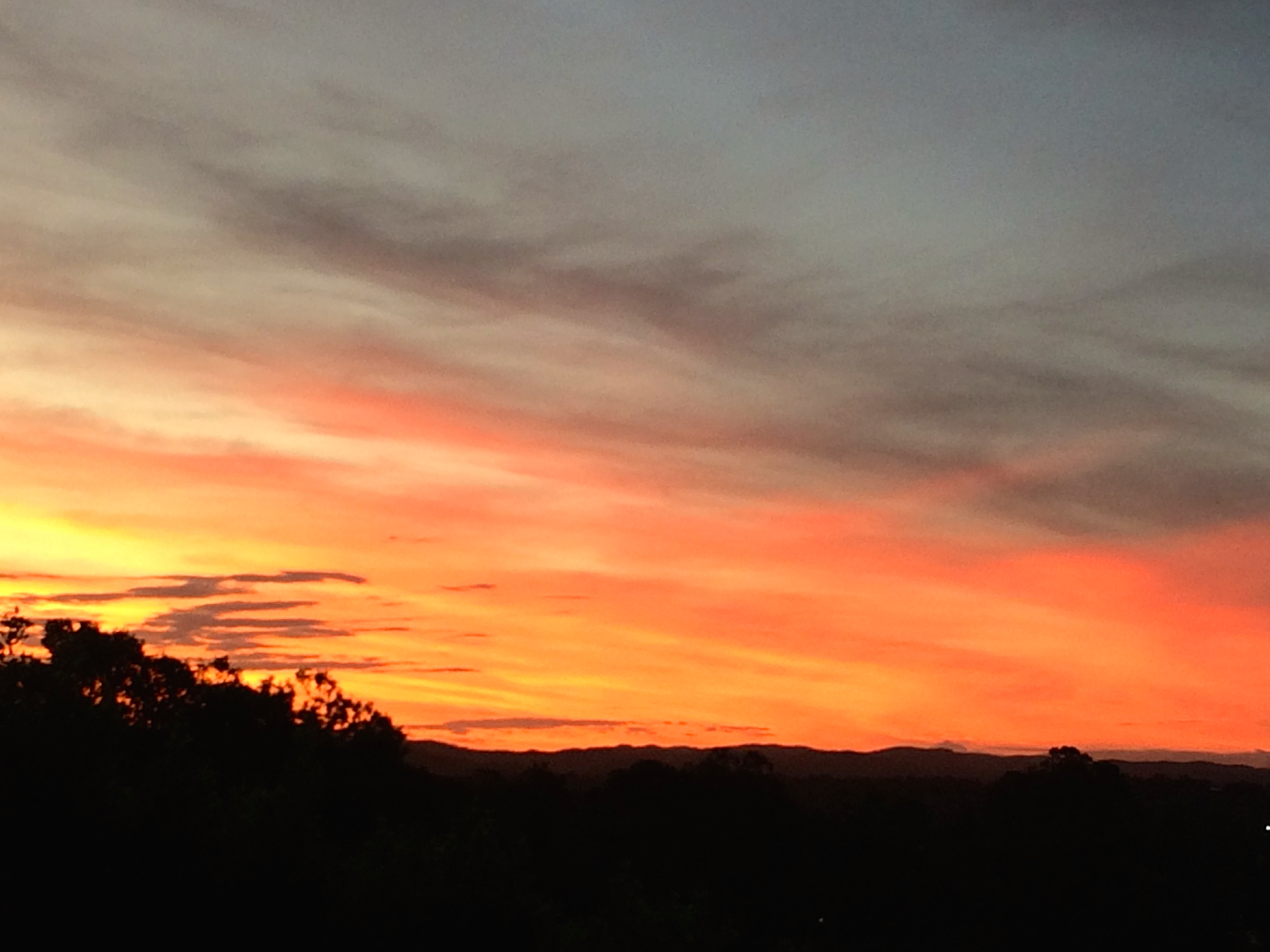”We cry out only when there is hope that someone may hear us.” Jean Vanier Becoming Human
”Is it about trying to help the “lonely” people find their tribe? Sometimes “lonely” people don’t go out with others to socialise because the groups they have socialised with do not resonate with them – or have they out grown them? “Introverts” may be challenged by “extroverts” and their brash out there behaviour and “extroverts” rarely have time or patience to listen to the quiet people and yet that is how we grow, by interacting with each other. So many thoughts on this topic! Reduce it all down to Love versus Fear ?’’
So many good questions.
True belonging is about respect and acceptance. What does respect look like? To me, it is listening. Because when we listen and really hear what another person is saying, we see them as equals. If everyone reached out in respect, we would appreciate the introverted, not bull-doze over them. (Remembering that introversion is not a synonym for loneliness.)
I don’t know if we can help lonely people find their tribe, but I do know that interactions with strangers — many of whom I’ll never meet again — have changed me. They have cheered me and they have made me feel connected outside my middle-class circles.
Sometimes I’ve needed help and a sea of people have walked by me. When I was returning to Paris in the early 1990s, I was crossing a busy road and my overstuffed suitcase with the wobbly old wheels toppled over and one of my other bags spilled out onto the wet dirty pavement. In the early morning rain I was trying to right my suitcase, pick up my belongings and keep my handbag away from pickpockets. No one stopped to help. People walked around me. Stepped over my items. Like I was invisible.
Well that’s just Paris, I hear you saying. Actually no.
I’m sure we’ve all had experiences where we’ve obviously needed help and we were ignored.
What happens when our needs are not so obvious?
If a third of the population feels lonely then we’re likely meeting someone every day who needs to connect. We can start small. Often, here in Australia, I’ve been at a gym or the climbing wall or in a shopping centre and I’ve talked to someone next to me, only to be met with a blank stare. I watch the metal shutters slamming down their faces: don’t talk to me, I don’t know you.
What if we left the shutters up?


